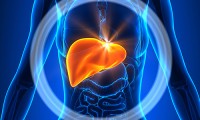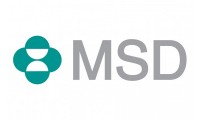-
Osteoporosis Drug against Breast Cancer
- Source: Ddu
- 873
- May 23, 2018
-
Daily Aspirin Increase Cancer Risk in Men
- Source: Ddu
- 521
- May 22, 2018
-
Sesen Bio Presents Bladder Cancer Treatment Data Following Name Change
- Source: Ddu
- 618
- May 22, 2018
-
Opt for Cancer Drug to forgo Tuberculosis
- Source: Ddu
- 578
- May 18, 2018
-
New Blood Test for Liver Cancer Shows Promising Results
- Source: Ddu
- 658
- May 17, 2018
-
Personalized Cancer Vaccine Looks Promising in Early Study
- Source: Clinical Advisor
- 641
- May 15, 2018
-
Lynparza tablets (ovarian cancer) given go-ahead by European regulators
- Source: drugdu
- 743
- May 10, 2018
your submission has already been received.
OK
Subscribe
Please enter a valid Email address!
Submit
The most relevant industry news & insight will be sent to you every two weeks.













